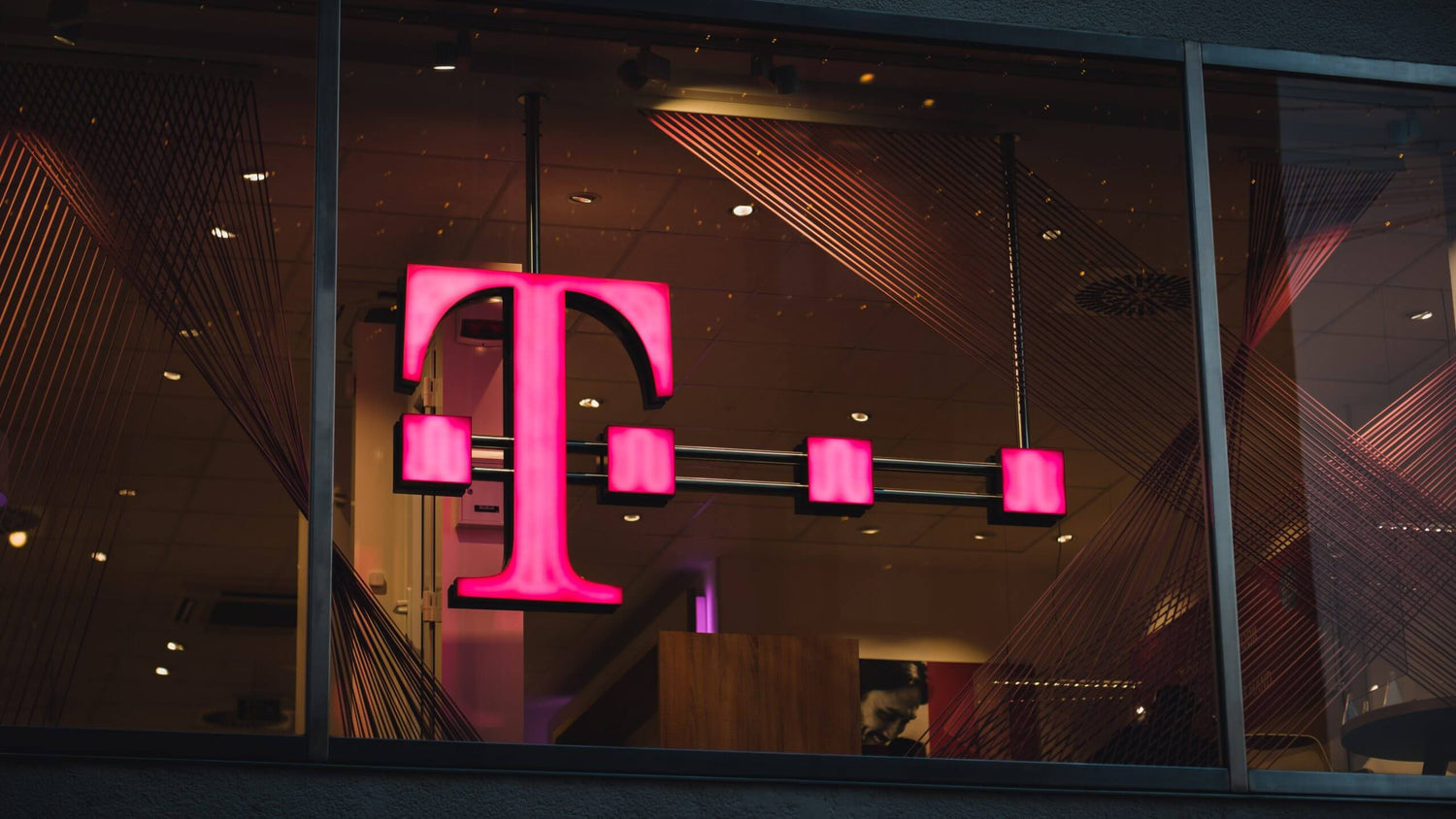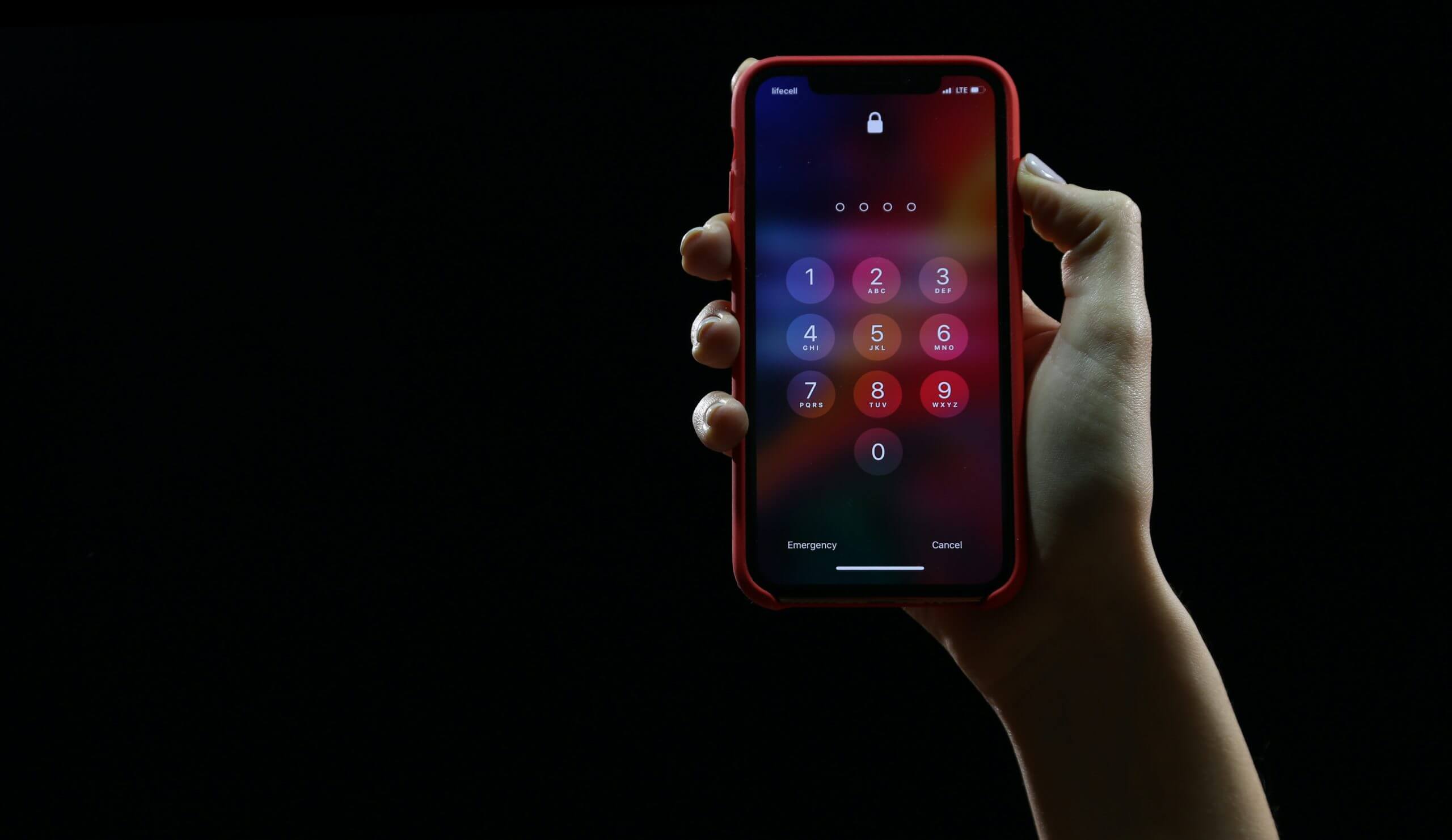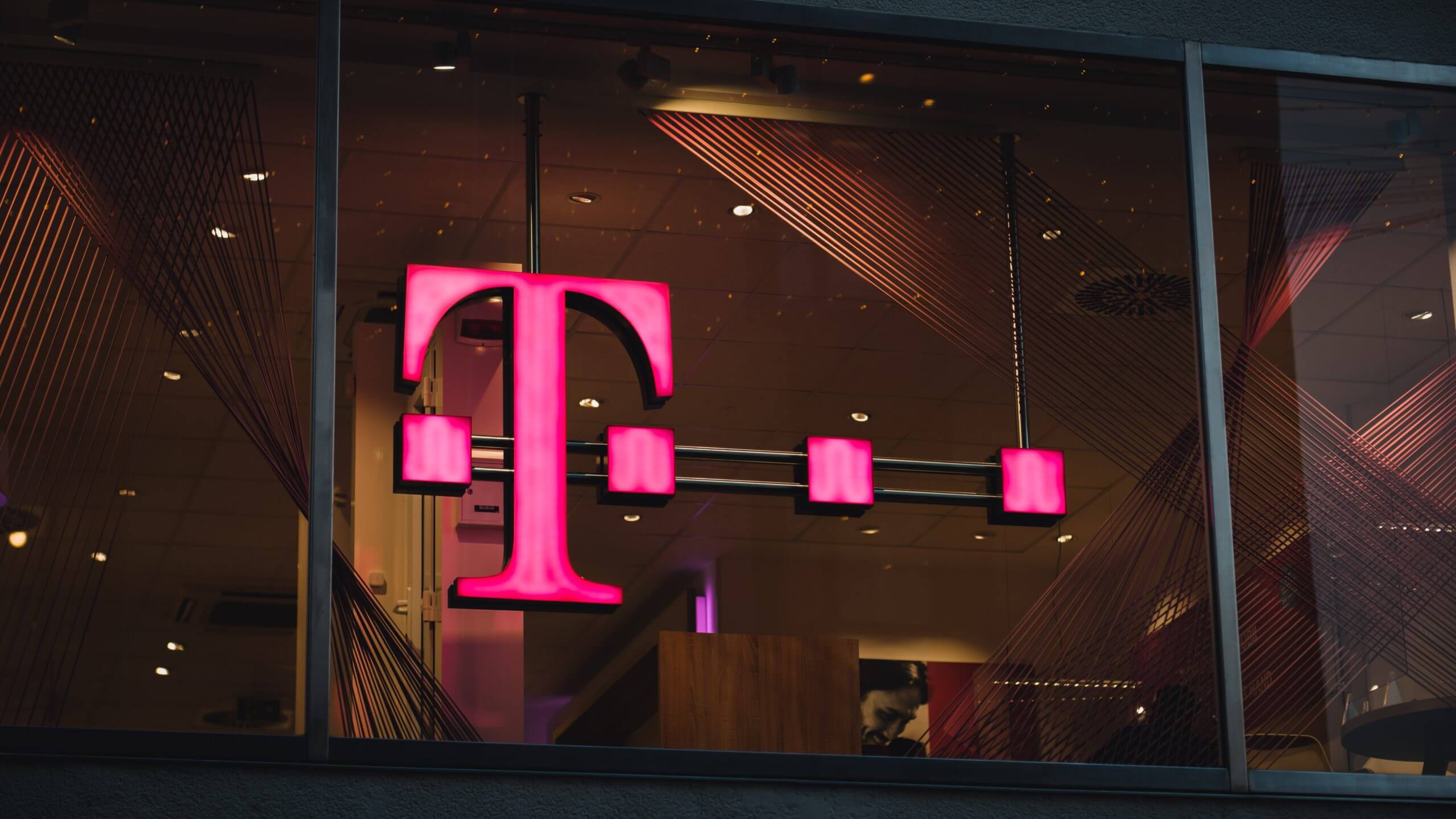More than 53 million people were subject to T-Mobile data breach at the end of 2021. That’s even a conservative estimation since that’s what the telecom provider itself reported. However, some reports even state that the data of more than 100 million customers could be included. That’s the equivalent of the entire customer base of T-Mobile in the US.
The breach of data included a wide variety of people, including former customers. Indeed, chances are high that you, or your employees, were targeted with the breach. Although there is a lot of talk about the compensation towards the ones that were subjected to the breach, there is little talk about the consequences and implications for online privacy for individuals and companies.
Details about the T-mobile data breach
First we start off with the most important questions regarding your online security. What data was actually leaked? How did the attack happen? And what is T-mobile doing about the data breach?
What data was leaked with the T-Mobile data breach?
According to T-Mobile itself, phone numbers, names, addresses, data of births, and even ID document information was leaked. To add, the company states that they don’t have any idea about the potential inclusion of financial information, like credit or debit card numbers.
The way T-Mobile has been communicating about the breach is through their own website. Although several parties have reached out for any follow-up questions, they won’t share any additional information about the details and scale of the breach.
How did the attack happen?
The attack was potentially conducted by several people, but led by a 21 year old US-citizen by the name of John Binns. Indeed, a young man from the United States performed the attack from his home, contradicting any suspicion about Russian or other ‘non-Western’ hackers involved.
How can a 21 year old breach into the whole database of one of the biggest telecom providers in the world? Quite simple actually. T-Mobile didn’t secure their routers properly enough.
Binns could easily connect to a producing server, gaining access to the data and selling it online for 6 bitcoin (at the time the equivalent of about 230.000 euros). A total of 106GB of data was stolen and sold.
What is T-Mobile doing about the data breach?
After the data breach, T-Mobile agreed to a series of compensations and warnings towards the customers involved in the breach. Also, they teamed up with two companies to strengthen their cybersecurity, aiming to ban out any future attacks. However, there are reportedly several backups on servers that are not from T-Mobile, meaning that the data is still available.
A new T-Mobile data breach 2022
Sadly enough, this response to the data breach was certainly inadequate. Already, another T-Mobile data breach in 2022 was reported.
Why T-Mobile’s measurements aren’t enough
So, why does T-Mobile keep failing to provide sufficient cybersecurity for their customers?
To indicate, T-Mobile already had four other data breaches between 2018-2021.
The measurements that were taken in response to these breaches were the utmost minimum. Sure, the company is obliged to take some actions by law, but it doesn’t seem like the telecom giant is incentivised to take more actions than necessary.
Also, while there might be new security measurements implemented, hackers aren’t sitting still either. The technology of hackers is increasing at a high pace, making legislation surrounding cybersecurity outdated from the moment of implementation.
What does the T-Mobile data breach mean for you and your company?
The most asked questions about the T-Mobile data breach 2021 are: can you sue T-Mobile for the data breach? Or, how to sue T-Mobile for the data breach?
Although the legislative question is relevant for, well, legislative purposes; does it actually do something for the security of everyday companies and people? A crucial question that is avoided by T-Mobile and the tech world as a whole.
The consequences of stolen data on a personal level
Whether we talk about the bigger T-Mobile data breach in 2021 or the smaller T-Mobile data breach 2022, there is always the danger of what hackers can do with the data on a personal level. In short, it comes down to the following:
The consequences of stolen data for your company
The data that was leaked during the T-Mobile data breach has provided the details of many people. Especially if your company is using T-Mobile as its provider for business related communication, vulnerable information about the company is at risk to be shared and misused.
Criminals aim to gather sensitive information on a company or trick the employees into making payments to certain websites. Indeed, they target specific employees with phishing attacks, preferably the ones in positions with financial responsibilities. The attacks can both be aimed towards the devices provided by the company, or to the personal devices of the employee.
To add, through such phishing attacks, criminals can gain access to the networks of your company and use it for espionage purposes.
How to impede hackers from gaining access to your data?
It really is the question if only online measurements are sufficient to secure yourself or your employees. Especially in relation to the severe data breaches like the one by T-Mobile in 2021.
While there are several ways to protect your privacy online, making sure that no data can be gathered to begin with is of great value. In other words, covering the cameras and webcams, or making sure that you charge your devices securely, is crucial for online protection.
Either if you are a company or a conscious individual, the customized products of Spy-Fy help you with your privacy protection. This way, you are certain that you, your employees, and your company can enjoy the online environment safely.










